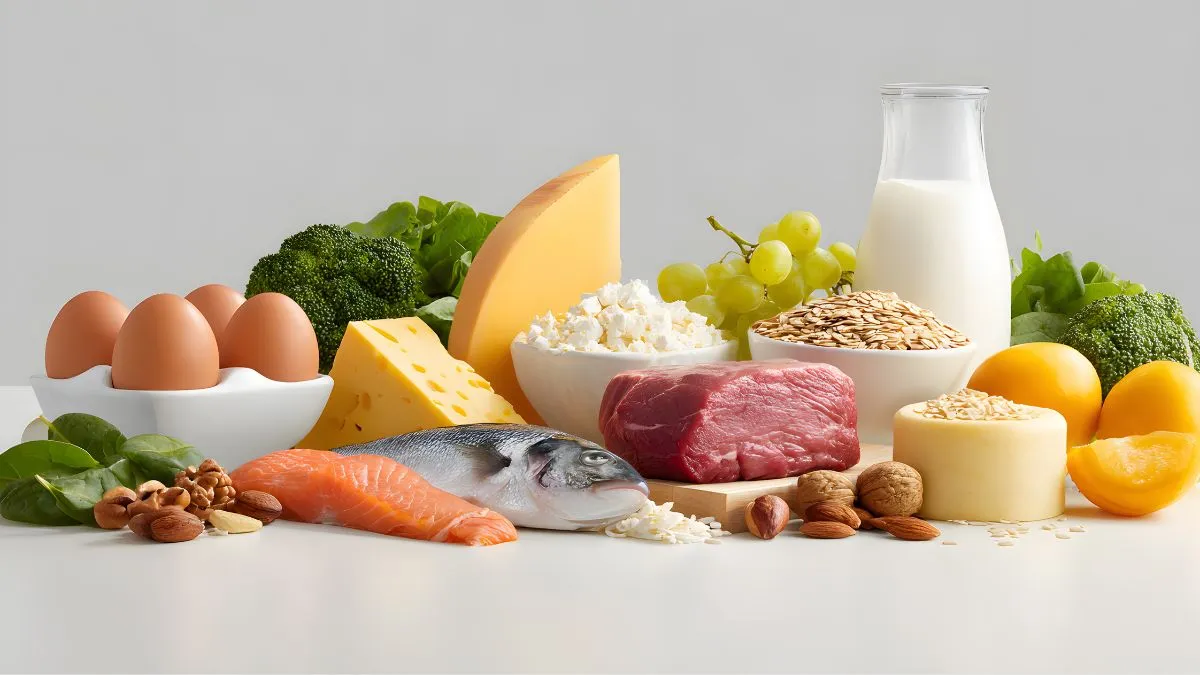- By Iram Hussain
- Wed, 18 Jun 2025 05:39 PM (IST)
- Source:JND
Blood donation is a generally safe and effective way to help people treat certain medical conditions. Though donating blood does have certain side effects like tiredness or anaemia. To decrease the risk of side effects, eating and drinking the correct things is important before and after donating blood. There are specific requirements that the blood donor has to keep in mind: 18 years or older individuals are allowed whose body weight should be at least 45 kg with overall good health and adequate haemoglobin.
In a conversation with Jagran English, Dr Karuna Chaturvedi, Head –Clinical Nutrition, Max Super Speciality Hospital, Noida listed foods that should be eaten before and after donating blood.
Foods To Eat
If someone is donating blood, he/she must ensure to drink enough water to keep the body hydrated even after donating the blood. This is because a major chunk of our blood is water. If blood is drawn, it means some amount of water is also going from the body, making it important to bring back the water balance. An inadequate amount of water in the body can cause dizziness and a sudden drop in blood pressure after the person donates blood.
The donor should consume a well-balanced diet which should be rich in iron. This is essential because iron is required to make haemoglobin which helps to carry oxygen across different organs in the body. Therefore, maintaining a nutritious diet rich in iron-containing foods is essential to ensure sufficient iron reserves in the body. Inadequate iron can cause a deficiency. Iron-rich foods include: Beef, lamb, pork, poultry, fish, eggs, spinach, sweet potatoes, etc.
Consuming enough Vitamin C is also important before and after someone donates blood. This is because vitamin C helps to absorb plant-based iron. Sources of vitamin C include citrus fruits, kiwi, papaya, pineapple, watermelon, etc.
Foods To Avoid
Alcoholic beverages are the major cause of dehydration in the body. It is advised to avoid alcohol consumption at least 24 hours before donating blood. If a person drinks alcohol, he/she should compensate for it by drinking extra water to keep the body hydrated for long hours.
Fat-rich foods such as ice cream and french fries can hamper the tests that donors have to take before donating blood. These tests are required for the diagnosis of any infection in a person to prevent its spread through transfusion.
ALSO READ: Can You Give Blood Safely During Fasts Or The Summer Season? Know From Doctor
Iron blockers which affect the body’s capacity to absorb iron should be avoided at the same time as you consume iron-rich foods or supplements. These foods and beverages include coffee, tea, red wine, food rich in calcium, etc.
Aspirin consumption should be avoided at least 48 hours before donation. This is specific in the case when the person donates blood platelets which is a different process than donating regular blood.


